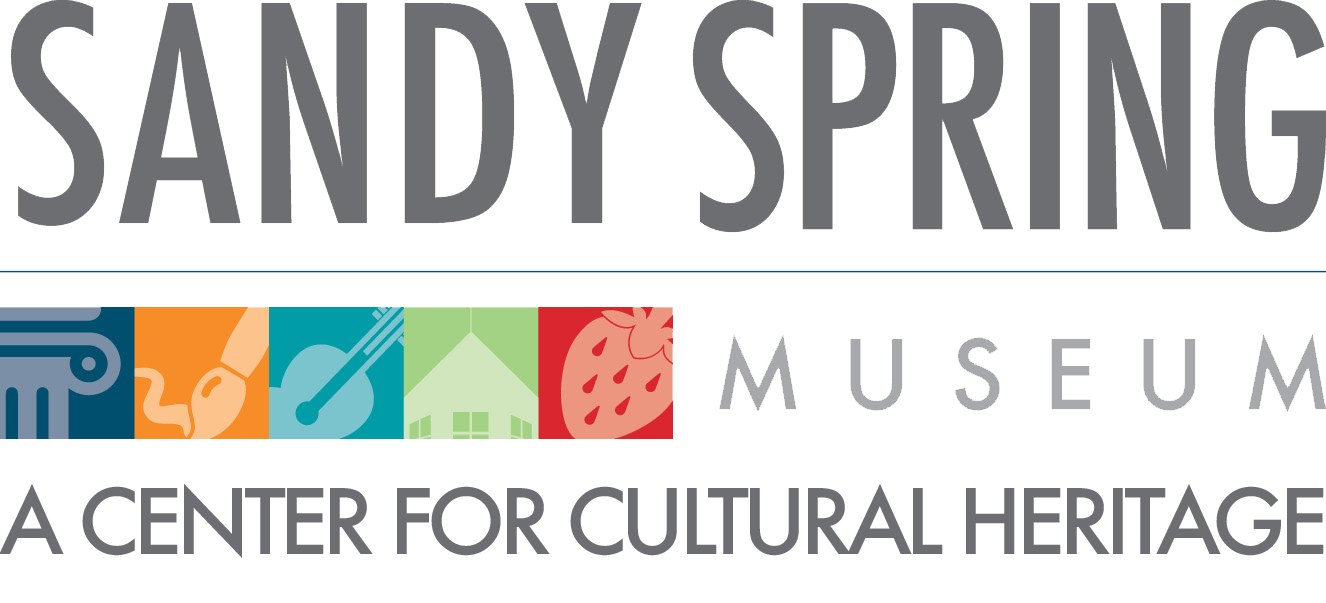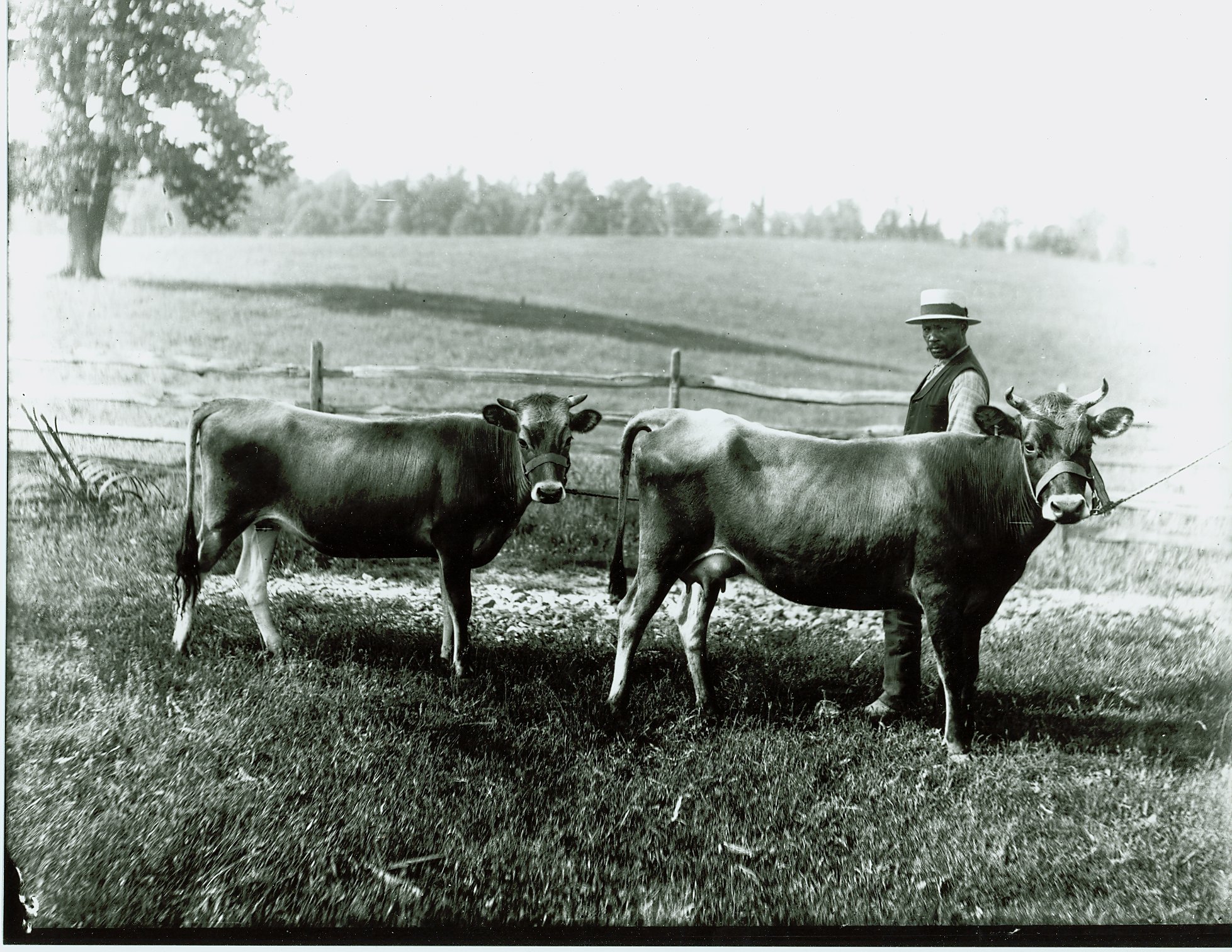Equity in Metadata
Equity: freedom from bias or favoritism
Metadata: data that describes and provides context for digital items which in turn helps users find and discover these resources.
Despite a relatively equal population distribution between Black and white residents throughout the 19th century, Sandy Spring’s history has been largely told from the perspective of its most prolific white scribes for many years.
That is changing, thanks to an effort we call Equity in Metadata.
Equity in Metadata is an institutional effort to redress racially-skewed community storytelling by making Black history recorded in the Museum’s archives just as accessible as white history.
This is being accomplished by combing through 47 doctors’ ledgers, store ledgers, and farm ledgers to identify information pertaining to Black men and women. We then catalogue this information according to whom it’s associated. To date, we have identified 450 Black men and women previously unrecognized as being represented in the museum’s archives.
This is a new way of cataloguing archival information.
The standard way of cataloguing archives would require you to search the individual pages of a document created by a white person to find information about Black men and women. With this new system, you can find information about Black men and women just by typing their family name in the search function of our online database. The project centers the histories of Black men and women who lived and/or worked in Sandy Spring by extracting their individual records from the pages of ledgers, journals, and daybooks of white landowners, doctors, and business owners.
But it’s easiest to understand by trying it yourself. You can explore details of the life stories of hundreds of Sandy Spring’s Black families HERE. This list grows weekly as we work to make all 450+ people’s stories accessible on our digital archives.
We thank our partners in this project, members of Sandy Spring’s Black descendant community, who ensure the stories of their ancestors are made accessible with the utmost dignity and respect.








